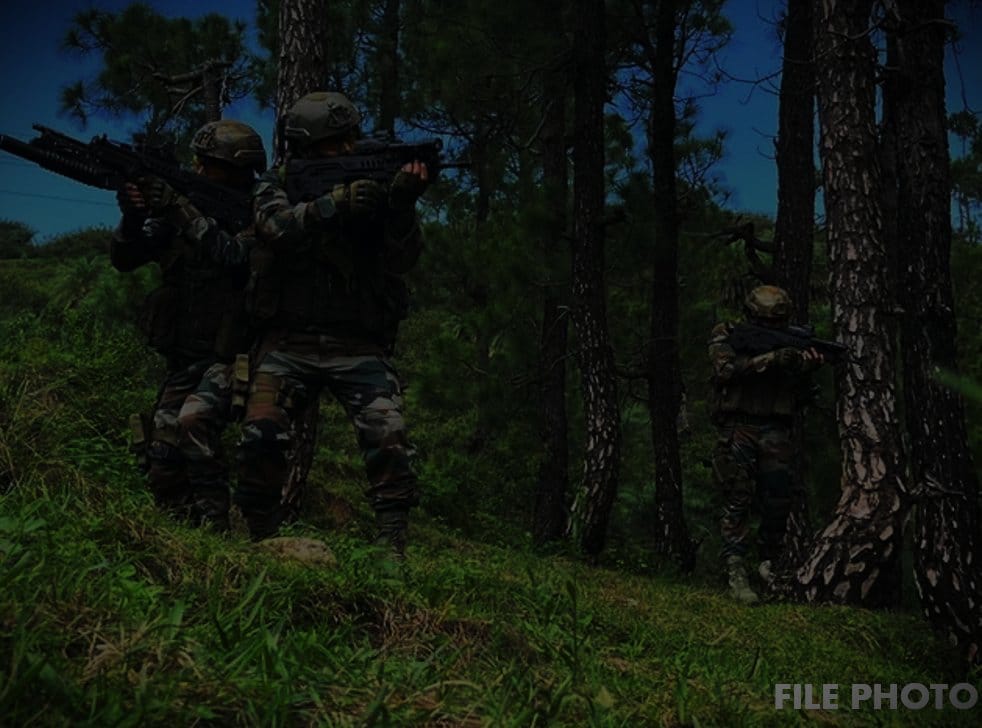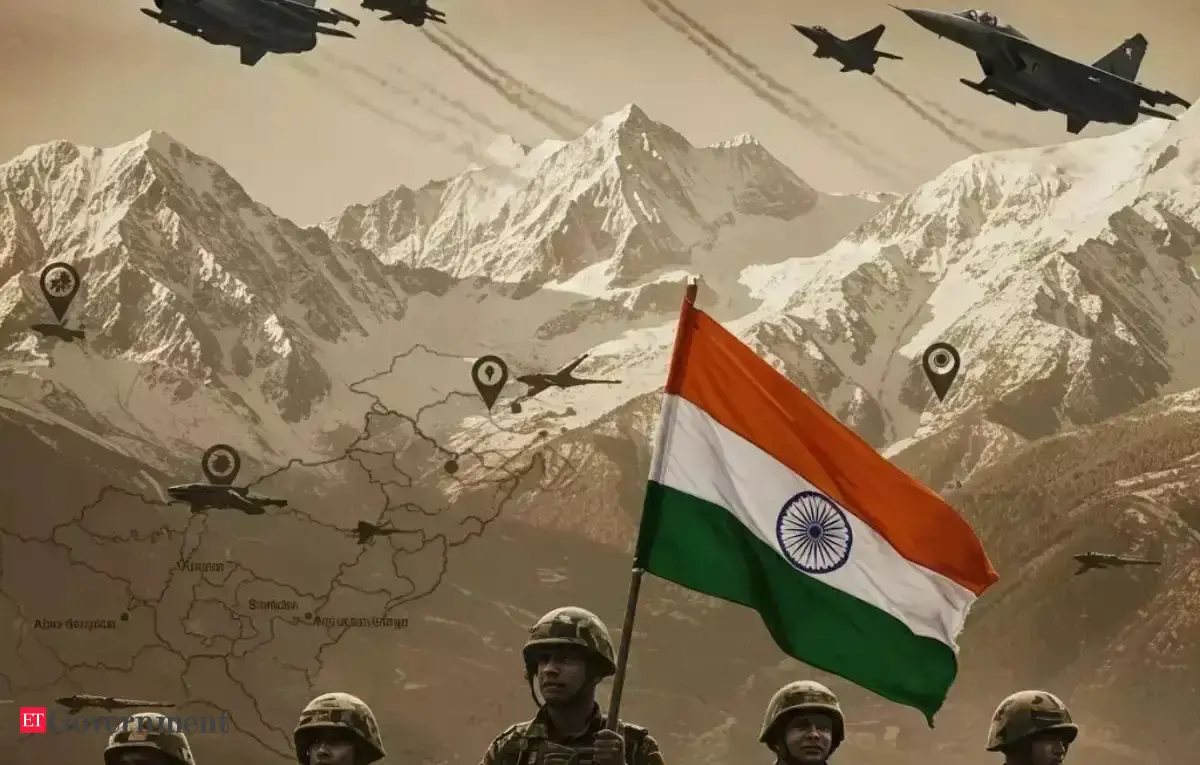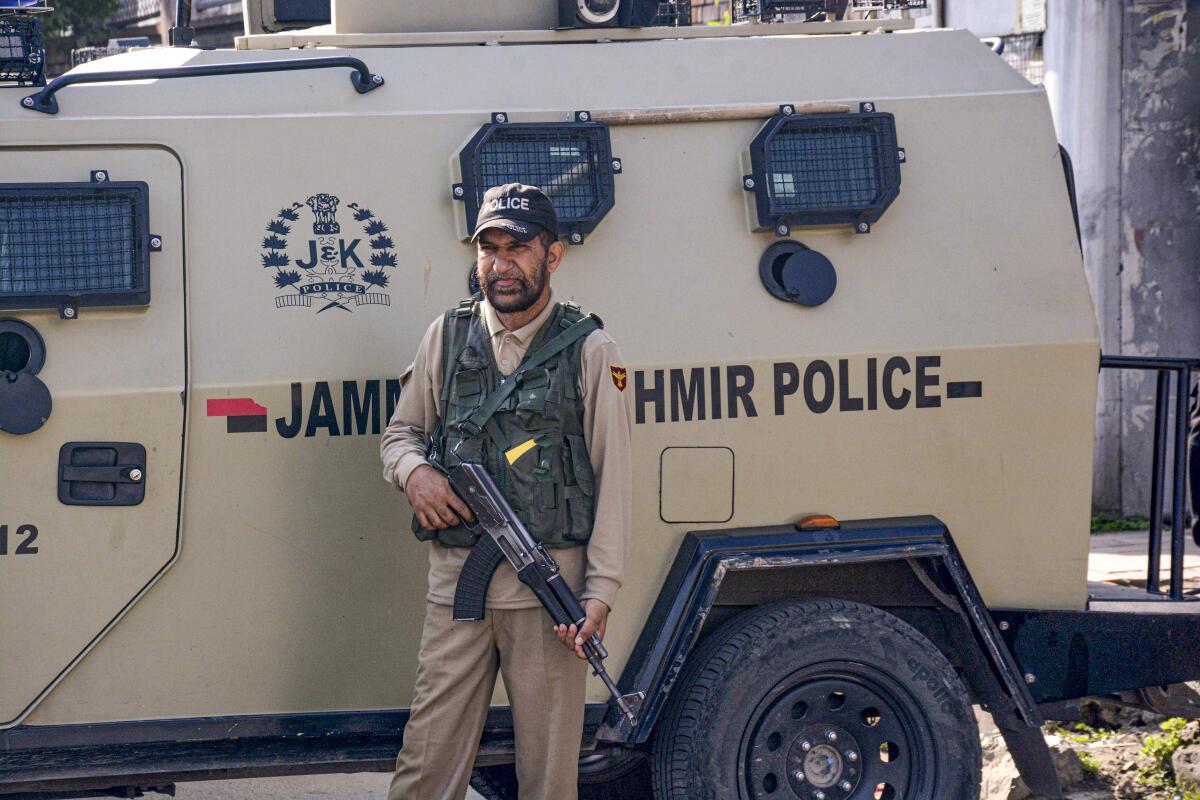In the early hours of December 25, 2025, a series of Tomahawk cruise missiles launched from an American warship in the Gulf of Guinea flew north over West Africa. Their target was not a typical base for jihadism in the Middle East but camps in the remote Bauni forest of Nigeria’s northwestern Sokoto State, near the Niger border. This unprecedented U.S. military strike, approved by President Donald Trump and conducted with Nigeria’s consent, aimed at militants connected to the Islamic State (ISIS). It marked a dramatic start to a new and complex front in the global fight against terrorism, highlighting the troubling shift of jihadist violence into sub-Saharan Africa.
Tag: Counterterrorism
The 26/11 Attacks and the Unfinished War on Terror
On November 26, 2008, ten young men from Pakistan sailed unnoticed through the dark waters toward India’s financial capital, leaving a trail of violence in their wake. They had already murdered the crew of an Indian fishing trawler, the Kuber, and now they were approaching Mumbai’s coastline in inflatable dinghies. Their landing at two separate locations in Colaba around 8:00-9:00 PM marked the beginning of a sixty-hour siege that would claim 175 lives, injure over 300, and traumatise a nation. As we stand seventeen years removed from those terrifying nights, the trail of 26/11 continue to shape geopolitics, counter-terrorism strategies, and the lives of survivors in ways both profound and disturbing.
Operation Mahadev: Strategic Closure to the Pahalgam Terror Strike
Operation Mahadev stands out not only as a military victory but as a new perspective on evolving national security practices. This operation aimed to neutralize the attackers of the April 22, 2025, Pahalgam massacre, which resulted in the deaths of 26 civilians. On July 28, 2025, Indian security forces conducted a joint operation in the Dachigam forests near Srinagar. It provided immediate retaliation and a data-driven closure, supported by continued intelligence, forensic verification, and international diplomatic efforts.
India’s post-Pahalgam Doctrine in the Shadow of Institutional Deficit
April 2025 attack in Pahalgam, which resulted in the loss of civil-security personnel, did not provoke an immediate retaliatory strike from India. This deviation from past patterns, such as the Balakot airstrike of 2019, has puzzled many analysts. While public expectations leaned towards a swift kinetic response, India maintained a calibrated silence. This restraint does not imply strategic inertia but suggests an evolving doctrine shaped by regional complexities, global alignments, and domestic political calculus. India’s hesitance is not a retreat but a reflection of the growing understanding that militarised responses do not resolve established patterns of cross-border insurgency.
Is the Pahalgam Attack a Retaliation for the Jaffar Express Hijacking?
While it’s speculative, I find a connection with the unfortunate event of the targeted killing of Hindus by Islamic terrorists in Pahalgam yesterday, which fits within highly recognisable pattern of proxy conflicts and covert retaliatory attacks that have long characterised India-Pakistan dynamics especially around Kashmir and Balochistan. The connection forms in such a way that the Pahalgam attack, perpetrated by militants of the Pakistan-linked terror outfit The Resistance Front (TRF), is directly a predecessor to the Jaffar Express hijacking (11th March 2025), which was carried out by militants of the Balochistan Liberation Front (BLA), an outfit that Pakistan claims has links with India.




